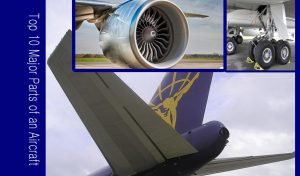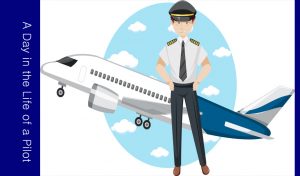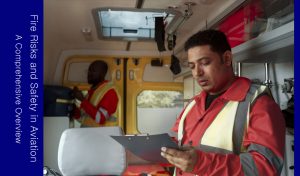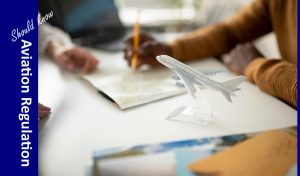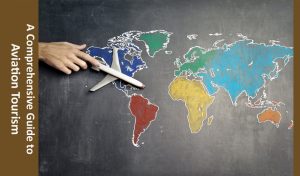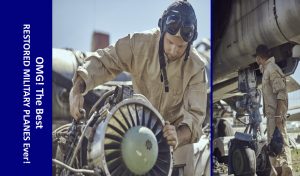The aviation industry is a vast and dynamic field that encompasses a wide range of careers, from pilots and air traffic controllers to aircraft mechanics and engineers. With its ever-evolving technological advancements and global reach, the aviation industry offers a multitude of exciting and rewarding opportunities for individuals with diverse interests and skill sets. Here is A Comprehensive Guide to Careers in Aviation.
Whether you’re fascinated by the thrill of soaring through the skies or drawn to the intricate complexities of aircraft systems, the aviation industry has something to offer everyone. This comprehensive guide will delve into the various career paths available in aviation, providing insights into the roles, responsibilities, educational requirements, and earning potential for each profession.
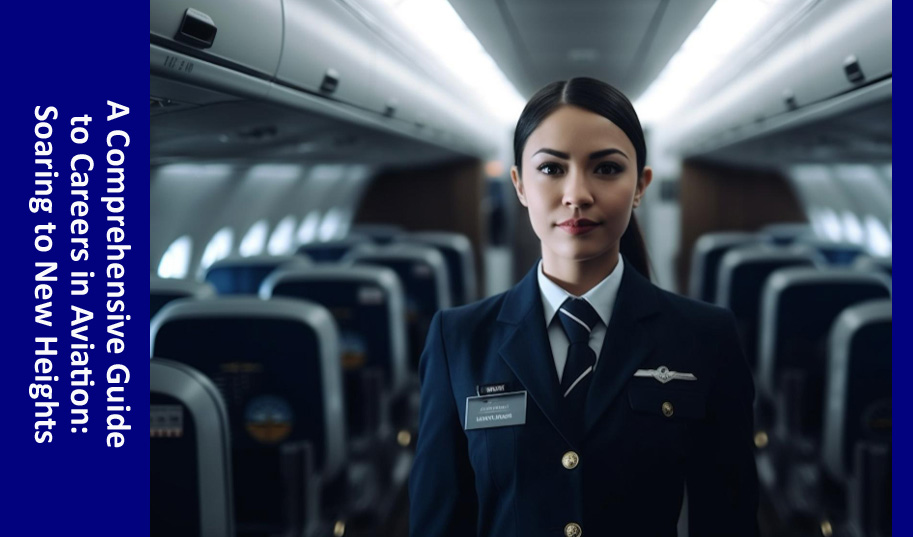
A-Flight Operations
Pilots:
Pilots are the highly skilled individuals responsible for operating aircraft, ensuring the safety of passengers and crew members. They possess extensive knowledge of aircraft systems, navigation techniques, and emergency procedures. To become a pilot, one must complete rigorous training and obtain the necessary licensing qualifications.
Eligibility:
- High school diploma or equivalent
- Valid medical certificate
- Commercial Pilot License (CPL) with Instrument Rating (IR)
- Airline Transport Pilot License (ATPL) (for commercial pilots)
- At least 2,000 hours of flying experience
- Excellent communication and interpersonal skills
- Quick decision-making and problem-solving abilities
Flight Attendants:
Flight attendants play a vital role in ensuring the comfort and well-being of passengers during air travel. They provide in-flight service, maintain cabin cleanliness, and are trained to handle emergency situations effectively. Flight attendants must demonstrate exceptional communication and interpersonal skills, coupled with the ability to remain calm under pressure.
Eligibility:
- High school diploma or equivalent
- Valid medical certificate
- Excellent communication and interpersonal skills
- Ability to work in a fast-paced environment
- Fluency in multiple languages may be an advantage
Flight Dispatchers:
Flight dispatchers play a crucial role in planning and coordinating flight operations, ensuring that flights adhere to safety regulations and schedules. They monitor weather conditions, communicate with pilots and air traffic controllers, and make necessary adjustments to flight plans to optimize flight paths.
Eligibility:
- Bachelor’s degree in aviation, meteorology, or a related field
- Valid medical certificate
- Excellent communication and interpersonal skills
- Strong analytical and problem-solving abilities
- Ability to work in a fast-paced environment
B-Aircraft Maintenance
Aircraft Mechanics:
Aircraft mechanics are responsible for maintaining the structural integrity of aircraft, including the fuselage, wings, and landing gear. They perform routine inspections, repair or replace damaged components, and ensure that aircraft meet airworthiness standards.
Eligibility:
- High school diploma or equivalent
- Completion of an aviation maintenance technician training program
- Valid medical certificate
- Excellent mechanical aptitude and problem-solving skills
- Ability to work in a hands-on environment
Avionics Technicians:
Avionics technicians specialize in the installation, maintenance, and repair of electronic systems in aircraft. They possess a deep understanding of avionics systems, including navigation, communication, and autopilot equipment.
Eligibility:
- High school diploma or equivalent
- Completion of an avionics technician training program
- Valid medical certificate
- Strong electronic and troubleshooting skills
- Ability to work in a hands-on environment
C-Air Traffic Control
Air Traffic Controllers:
Air traffic controllers oversee the safe and orderly movement of aircraft in the airspace. They monitor aircraft positions, issue clearances to pilots, and coordinate with other air traffic control centers to ensure smooth traffic flow. Air traffic controllers must possess exceptional communication and decision-making skills, coupled with the ability to remain calm under pressure.
Eligibility:
- High school diploma or equivalent
- Completion of an air traffic controller training program
- Valid medical certificate
- Excellent communication and interpersonal skills
- Ability to work in a fast-paced, high-stress environment
D-Aviation Engineering
Aeronautical Engineers:
Aeronautical engineers focus on the design and development of aircraft structures, including the fuselage, wings, and propulsion systems. They conduct research, perform simulations, and test prototypes to ensure the structural integrity and performance of aircraft.
Eligibility:
- Bachelor’s degree in aeronautical engineering
- Strong analytical and problem-solving skills
- Proficiency in engineering software and tools
- Ability to work independently and as part of a team
Aerospace Engineers:
Aerospace engineers specialize in the design and development of spacecraft and related systems. They apply their knowledge of aerodynamics, propulsion, and guidance systems to create innovative and efficient spacecraft.
Eligibility:
- Bachelor’s degree in aerospace engineering
- Strong analytical and problem-solving skills
- Proficiency in engineering software and tools
- Ability to work independently and as part of a team
TIPS
Breaking into the aviation industry requires dedication, preparation, and a strategic approach. Here are some valuable tips to help you increase your chances of securing a job in this dynamic field:
- Seek Educational Opportunities: Pursue a relevant degree or certification in aviation, such as aeronautical engineering, aviation management, or air traffic control. These programs provide you with the foundational knowledge and skills required for various aviation professions.
- Gain Practical Experience: Internships and volunteer opportunities are invaluable for gaining hands-on experience and building your professional network. Look for opportunities at airlines, airports, aviation maintenance facilities, or air traffic control centers.
- Network with Aviation Professionals: Attend industry events, conferences, and seminars to connect with aviation professionals. Networking can provide you with valuable insights into the industry, potential job openings, and mentorship opportunities.
- Build a Strong Resume and Portfolio: Tailor your resume to each job you apply for, highlighting your relevant skills, experience, and education. Create a portfolio showcasing your projects, achievements, and certifications to demonstrate your capabilities.
- Prepare for Interviews Thoroughly: Research the company and the specific job role you’re applying for. Practice answering common interview questions and prepare insightful questions to ask the interviewer.
- Stay Updated with Industry Trends: Keep abreast of the latest technological advancements, regulatory changes, and emerging trends in the aviation industry. This demonstrates your commitment to continuous learning and staying relevant.
- Consider Specialized Certifications: Depending on your chosen career path, consider obtaining additional certifications that enhance your expertise and make you a more competitive candidate.
- Embrace Lifelong Learning: The aviation industry is constantly evolving, so a commitment to lifelong learning is essential. Stay informed about new developments, take courses, and attend workshops to keep your skills sharp.
- Demonstrate Passion and Enthusiasm: Convey your genuine interest and passion for aviation in your interactions, interviews, and cover letters. Your enthusiasm will make a lasting impression on potential employers.
- Be Persistent and Patient: Landing a job in the aviation industry may require time and effort. Stay persistent in your job search, network actively, and don’t be discouraged by setbacks.
